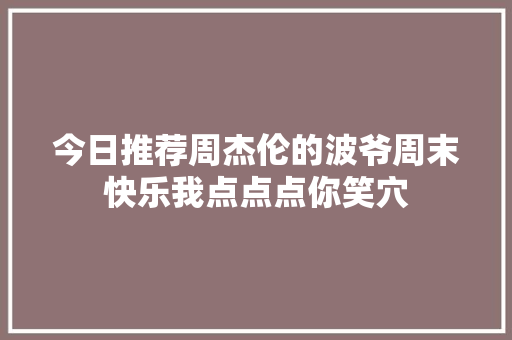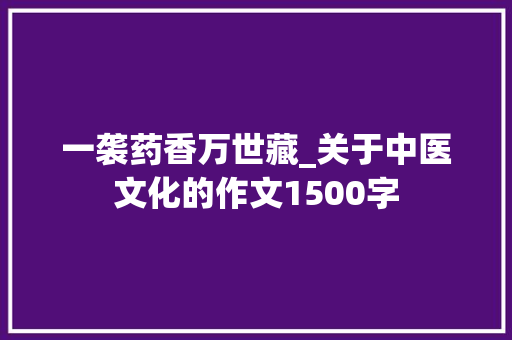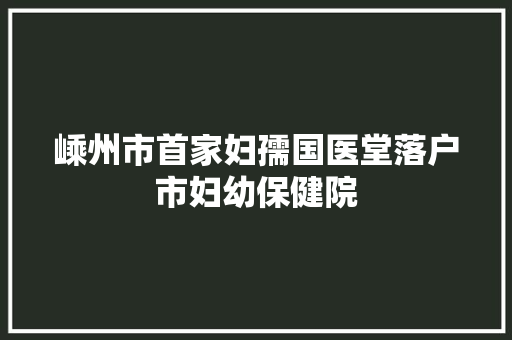on fire的确有"着火"的意思,比如:The house is on fire. 屋子动怒了!
但是on fire不仅仅有“着火”的意思,它还可以表示“感情饱满、激情亲切飞腾、高水平发挥”,

比如说:
Man, you are on fire! 哥们儿,你状态真不错!
[666]
You guys were on fire in the last quarter. 你们末了一节真是打得太棒了。
“上火”英语怎么说?
“上火”这一词儿,对不理解中国文化的外国朋侪来说,那是难上加难懂呀,
一激动,可别说成“I'm on fire” ,还是要’体谅下‘对方的理解感情。[偷笑]
那若何表达“上火” 比较得当呢?
英语中有这么一个词:heatiness
先借助下中医理论言辞看看:
a characteristic of certain foods or stimulants said to cause emotional or physical reactions associated with temper, fever, passion, excess, or true heat.(From Chinese culture and medicine.)
一种食品或刺激物的特性,听说能引起感情或身体上的反应,与脾气、发热、感情、过量或热有关。(参考中医理论)嗯...阐明的到位。[小鼓掌]
heatiness的形容词形式是heaty:
You're heaty. 你火大(上火)。
其属于中医术语,如果有强制症,须要给对方阐明清楚下的话 ,我们可以这样表达下中医观点:
"Shanghuo(heatiness)" is a unique concept in traditional Chinese medicine.
“上火”是传统中医中一个特有的观点。
Traditional Chinese medicine categorises food as凉lèung (“cooling”),热气yiht hei (“warming”) and neutral–and practitioners use the nature of the foods to balance the body's yin( 阴)and yang (阳)[无辜笑]
传统中医把食品分为凉性、热性和中性——年夜夫们则用这些食品的特性平衡人体的阴阳。
以下为拓展,参考理解下吧 [听歌]
TCM describes heaty foods as having the ability to warm and improve circulation, dispel cold and stimulate the body. When these foods are taken in excess (yang is greater than yin, your body will generate too much heat), heatiness is caused, resulting in symptoms such as fever, sore throat, mouth ulcers, acne, excessive thirst, redness of the skin and irritability.
中医认为,热性食品具有保暖、促进血液循环、驱寒和引发身体的功能。当这些食品摄入过量(体内的阳压过阴时,你的身体会产生过多的热气),会导致“上火”的征象,引发发热、喉咙痛、口腔溃疡、痤疮、极度口渴、皮肤发红和易怒等症状。







